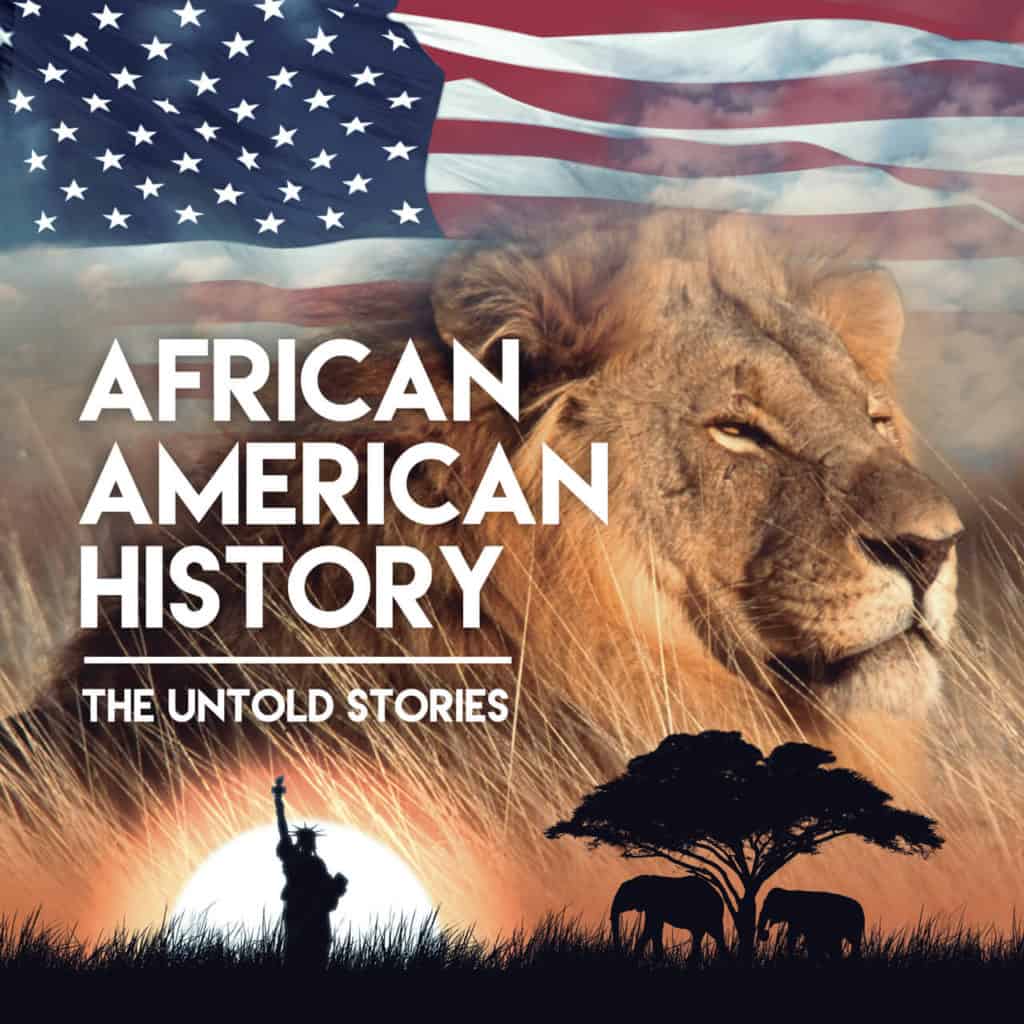Research

History reveals patterns in behavior through events of the past. By learning about history, we can seek to avoid past mistakes.
All youth struggle with their identities during their adolescent years. However, African Americans are faced with added social character challenges, such as having to deal with the notion that society does not think they can become high achievers. There are also significant, proven inequalities that come from being black.
Racial identity can impact the self-esteem of a child both while they are developing and throughout their lifetimes. Swanson, Cunningham, Youngblood II, and Spencer discussed the fact that children who were taught at a young age about their racial identity were less likely to feel a difference between their personal and group identity.
Sources
Sheehan, James J. “How do we learn from history?” (2005). Retrieved from https://www.historians.org.

